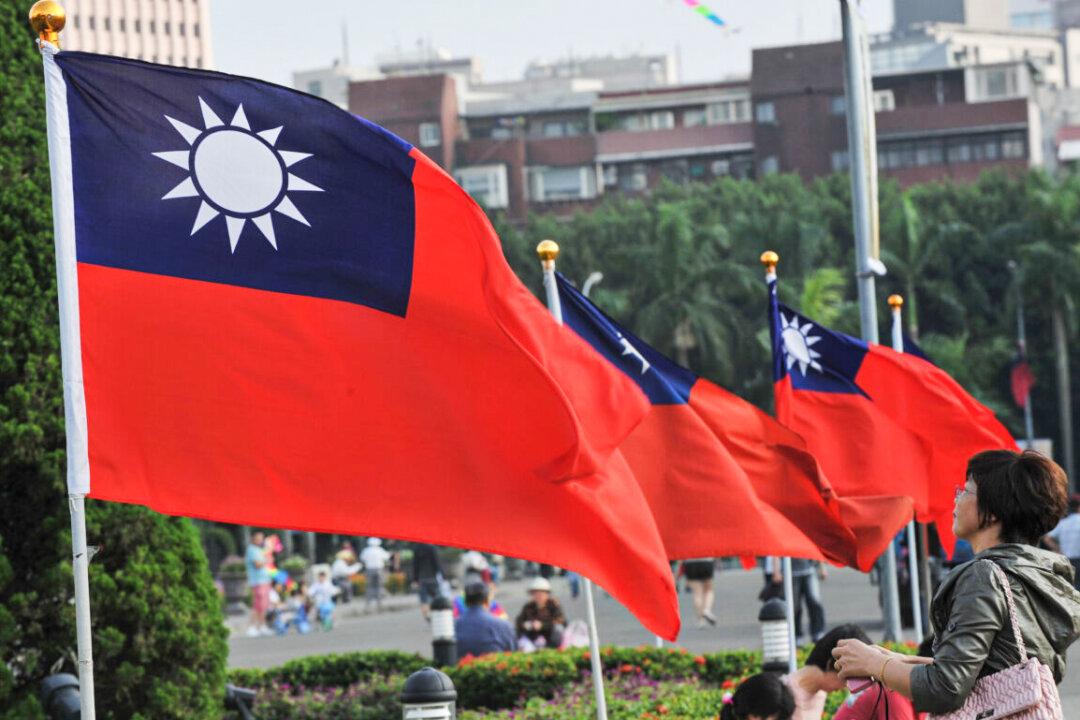On Aug. 21, the Australian Senate passed a bipartisan-backed motion rebuking the Chinese Communist Party’s (CCP) “One China” principle.
The motion, led by Liberal Senator David Fawcett and Labor Senator Deborah O'Neill, stated that United Nations (UN) Resolution 2758 did not give the People’s Republic of China’s (PRC) sovereignty over Taiwan.





